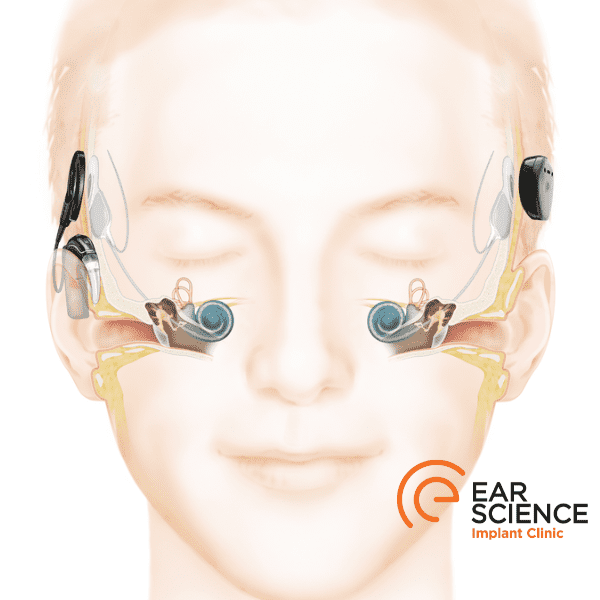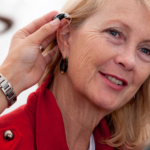The COVID-19 pandemic has forced everyone to think about different ways to access health services. However, effective health care appointments via telehealth can be challenging for people with hearing impairment.
Continuation of health care is a vital
During the pandemic, you may have had telehealth phone or even video consultations with your doctor. At Ear Science, we have responded to the need for physical distancing and safe clinical practices and we offer telehealth maintenance and support appointments for our clients with hearing aids and cochlear implants. We know it is important to make accessing quality hearing services as easy as possible for our community.
The challenge of telehealth
We are acutely aware that those with hearing impairment may face challenges using the phone for medical consultations with GPs and other medical specialists. In 2020, a team led by Dr Cathy Sucher surveyed over 500 of our clients to determine their use of telehealth for medical consultations and the difficulties they may have faced. This was the first study of its kind.
We found that about a quarter had used telehealth, and 40% were willing to use it. Those who had used telehealth reported more difficulties with devices and appointments if their hearing was more severe.
Health providers need to bear in mind
the hearing loss of their patients when using telehealth.
The study also showed that people are willing to pay for telehealth services. Although the government has funded telehealth consultations during the pandemic, this has not been sufficient to cover the costs of delivering these services.
The opportunity of telehealth
Ear Science has a research programme to develop innovative ways to deliver hearing services to those with hearing impairment that is sustainable.
Read more | TeleAudiology Report






